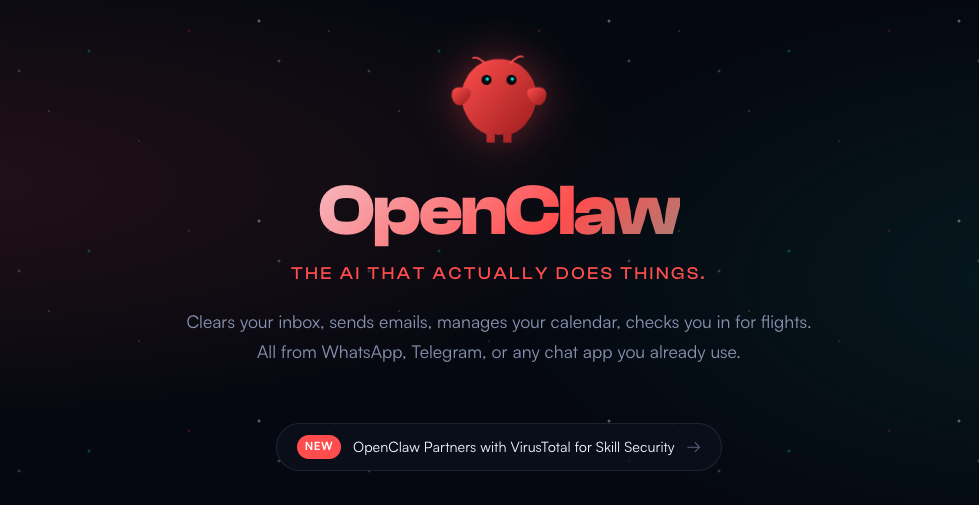Space-Age Speakeasy
Tools and ideas to transform education. Sign up below.
You are now subscribed
Your newsletter sign-up was successful
Dune is one of those sprawling, bloated, over-decorated epic movies that everyone saw, but very few seemed to like. It opens in the year 10191 at the palace of the "Supreme Ruler of the Known Universe" (that's really his title) who is having a meeting with a much venerated "Third Stage Navigator." The supreme ruler looks normal enough, but the navigator looks like a large rutabaga with age spots, apparently because he is a highly evolved time traveler.
This meeting is crucial to the entire movie, as it explains the struggle to control "melange," the all important "spice" that extends life, expands consciousness, and facilitates time travel — a kind of multivitamin on steroids. But there's a problem. The supreme ruler and the navigator are from different planets and speak different languages. Instead of the typical Hollywood fix (everyone magically speaks colloquial English), the characters use a translating device that looks like one of those large microphones from the early days of radio. They speak into the "voice wand" and their translated words emerge on the other side, more or less in their own voice.
This technology is inevitable in some form. In a world that values multiculturalism (the Los Angeles School District is committed to serving a student body that speaks 224 languages), technology that honors and facilitates both first and second languages will be welcome. The voice wand's ability to teach foreign language is potentially miraculous, allowing students to receive instant feedback in the context of real conversations. Students traveling to foreign countries, physically or via video chat, could dispense with dog-eared translation dictionaries and clunky software and actually talk with people. A voice wand could become standard issue technology for every global citizen.
So, if the voice wand facilitates interplanetary communication, can it help women from Venus and men from Mars understand each other? Now, there's a product idea worthy of serious venture capital.
Jason Ohler has been a digital humanist, pioneer, and keynote speaker in the field of digital age living, learning, and leadership for two decades.
The Best of Techlearning
While we're not quite there yet with the translation wand, there are several offerings available to help educators today. Below is a sampling. Follow the links for the complete text of the articles.
Tools and ideas to transform education. Sign up below.
Site of the Day: Selfaccess: An English Language Learning Center Submitted by Richard Cleland
The site is divided into two main sections. The first is the General English "Instant Workbook" that provides multiple levels of practice material for those learning English. The Academic English section offers 113 lessons by skill and topic in preparation for specific English proficiency exams such as TOEFL or IELTS.
Passport to ELL By Ana Schwartzman
In this review we focus on new offerings for language acquisition in beginning and lower-intermediate programs: Ellis Academic Suite 3.0, English for Kids, First English, and CompassLearning Odyssey ELL Elementary. Among these four offerings are considerable differences in skill management, core emphasis, and complementing animation.
TravLang Travel & Language Services
Gain entry to the magical world of other cultures by taking advantage of a host of free foreign language services at this Web site. You can explore Travlang's Word of the Day, with its multi-language translations and pronunciations, and Ergane, a Windows-based multilingual translation dictionary that uses the artificial language of Esperanto to translate words and phrases from one natural application to another.
